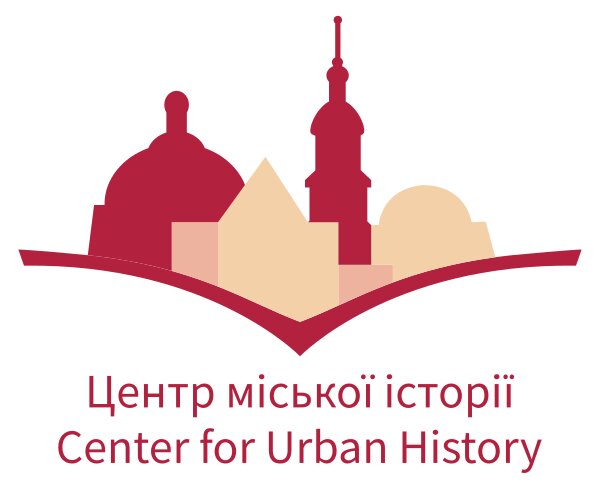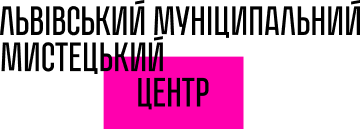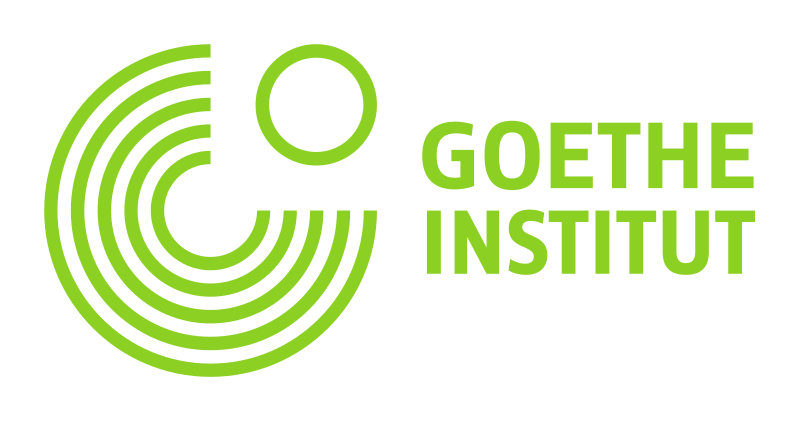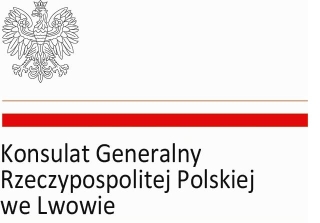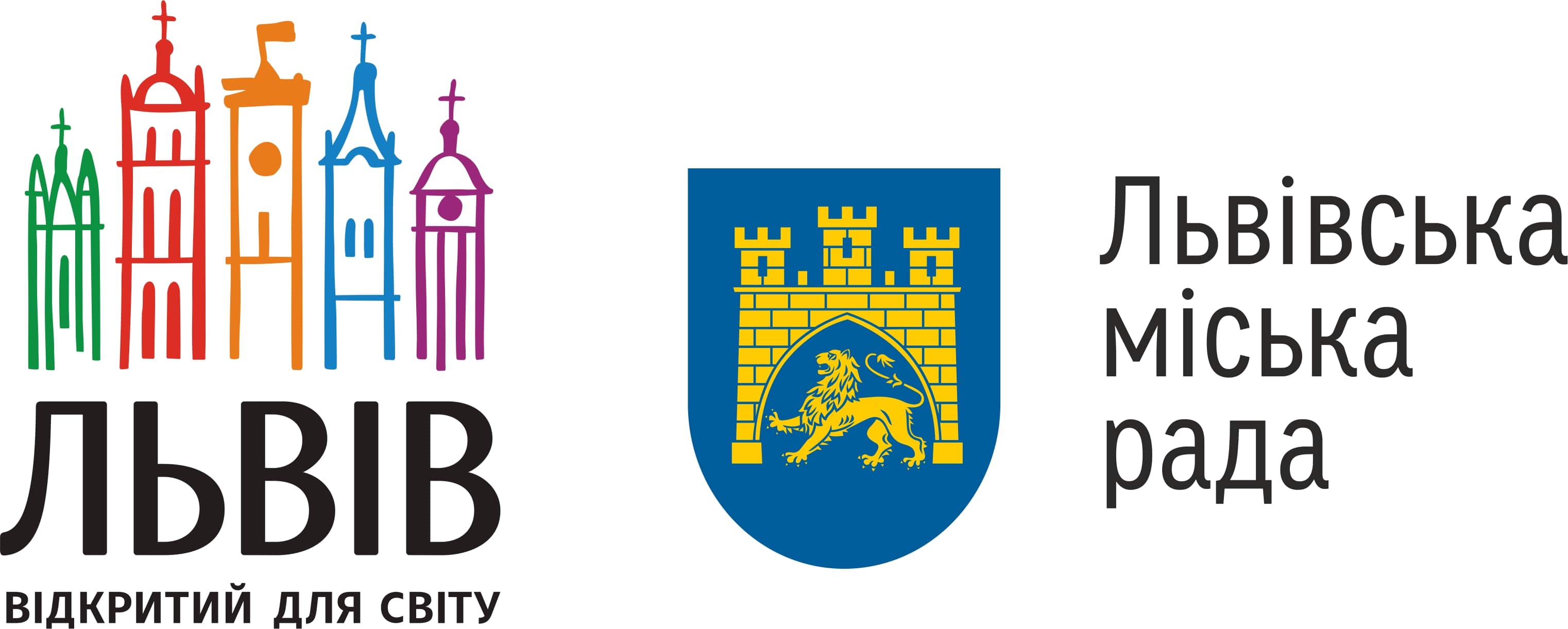Domowroty / ПОВЕРНЕННЯ / Homing. Public Program
10.9 – 1.12.2024
Center for Urban History and Municipal Art Center
85 years ago, on September 1, 1939, Włodzimierz Puchalski wrote in his pocket calendar in large letters: "WOJNA". This war radically changed his life. Born in 1909 in Wielkie Mosty, he was a photographer in Lviv and belonged to the circle of the Lviv School of Photography. After World War II, he was forced to continue his work in Krakow. Unlike storks, which Puchalski photographed to study their ability to find their way home (what ornithologists call "homing"), he could not return across the new borders of postwar Europe. Only short visits were possible, and only one such visit is known. His story is not unique.
During the World War II, entire towns and villages were massively destroyed, if not in terms of buildings, then in the fate of their inhabitants. Lviv/Lwów/לעמבעריק/Lemberg was one of them. For a city that did not actually suffer physical destruction, the effects of the war remained most noticeable in the losses of its inhabitants: almost all Jewish Lviv residents were killed in the Holocaust; most Polish Lviv residents were forcibly evicted; and many Ukrainian Lviv residents were exiled. World War II radically changed the city. Eventually, the collapse of the USSR opened the borders, allowing the descendants of pre-war citizens to visit the city and interact with its current residents. Although in different ways, Lviv is dear and close to each of them. Recovering and reclaiming the stories of the people who once lived here is an ongoing challenge and effort in how we conceptualize the history and heritage of not only one city, but of Ukraine as a whole, and develop our own vulnerability and sensitivity as current citizens.
Drawing on the metaphor of "returns", which is particularly sensitive today, the accompanying program to the exhibition "Domowroty / ПОВЕРНЕННЯ / Homing. Włodzimierz Puchalski" actualizes reflections on the constant process of physical and material return, as well as emotional and intellectual reflections on what is place, belonging, and connection. Ultimately, it will ask what “return” might look like, and is it even possible? In search of answers, we will follow Puchalski's footsteps and the themes of the exhibition, which will mainly address the topics of home, its loss and (in)possibilities of returning to it, photography and memory, city and nature. But at the same time, Puchalski's stories encourage us to pay attention to related stories possible in other historical frameworks and to broader geographies.
PROGRAM
SEPTEMBER
- "The Creased Page of European Art – Lviv School of Photography", part one of the lecture by Andrij Bojarov, 10.9.2024
- Curatorial tour of the exhibition "Domowroty / ПОВЕРНЕННЯ / Homing. Włodzimierz Puchalski", 14.9.2024
- "Remembering Home: Stories of Return", conversation with Marla Raucher Osborn, Areta Kovalska, and Vladyslava Moskalets, 19.9.2024
- "The Return That Shouldn't Have Been: Crimean Tatars and Their Way Home", lecture by Martin Oleksandr Kisly, 26.9.2024
OCTOBER
- "The Way Home: Magnetic Fields, Star Guides, and Solar Compasses", lecture by Nataliia Dziubenko, 1.10.2024
- "The Creased Page of European Art – Lviv School of Photography", part two of the lecture by Andriy Boyarov, 10.10.2024
- "(In)Visible Figures of Lviv Photography", city walk by Inna Zolotar, 12.10.2024
- "Unseen Footage and a Possible Return," conversation with Andrij Bojarov, Oleksandr Makhanets, and Barbara Romer about the Romer family archive, 17.10.2024
- "Returning Through Memory: Family Archives", lecture by Kateryna Volochniuk, 24.10.2024
- "In Search of a Native Shtetl. Looking into the Past Three Generations Later", lecture by Tomasz M. Jankowski, 30.10.2024
NOVEMBER
- "White Cliffs of Vinnytsia", lecture by Karolina Uskakovych, 12.11.2024
- "Through Borders and Systems: Family Trips on the Slides of a Single Collection", conversation by Anastasiya Kholyavka, Iryna Sklokina, Marianne Dekker, and Kees Tazelaar, 27.11.2024
- Screening of the Film "The Faint Clatter of Birds" / "Niewyraźny klekot ptaków" by Franciszek Berbeka with the participation of Natalia Jastrzęmbska and Inna Zolotar, 29.11.2024
The teams of the Center for Urban History and the Municipal Art Center are working on the accompanying program for the exhibition:
- Viktoria Panas, Sofia Dyak, curators of the program
- Andrij Bojarov, Vladyslava Moskalets, Maryana Mazurak, consulting
- Sofia Andrusyshyn, Roman Mamitov, Liana Mytsko, organizational support
- Yelyzaveta Bobrova, Marta Sloboda, communication support
- Yaryna Paniv, Tetiana Figel, financial support
The public program is part of the project "Homing: Returns of People, Places and Archive" . The project is implemented in cooperation with the Goethe-Institut in Ukraine.
The exhibition "Domowroty / ПОВЕРНЕННЯ / Homing. Włodzimierz Puchalski" is organized by Andrij Bojarov, Center for Urban History and Lviv Municipal Art Center in partnership with the Consulate General of the Republic of Poland in Lviv and Department of Culture of the Lviv City Council.
Credits
Cover Image: Włodzimierz Puchalski / Muzeum Królewskie w Niepołomicach

